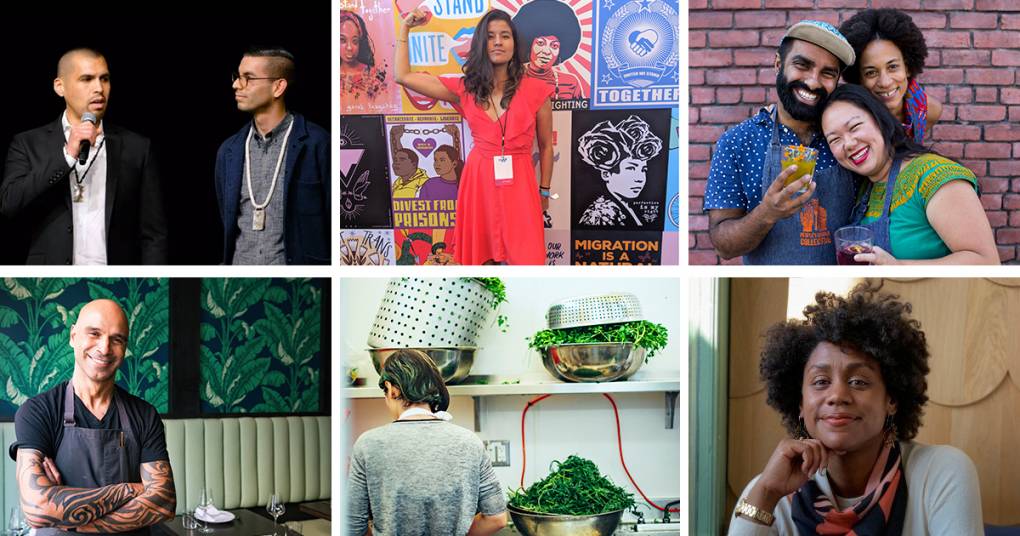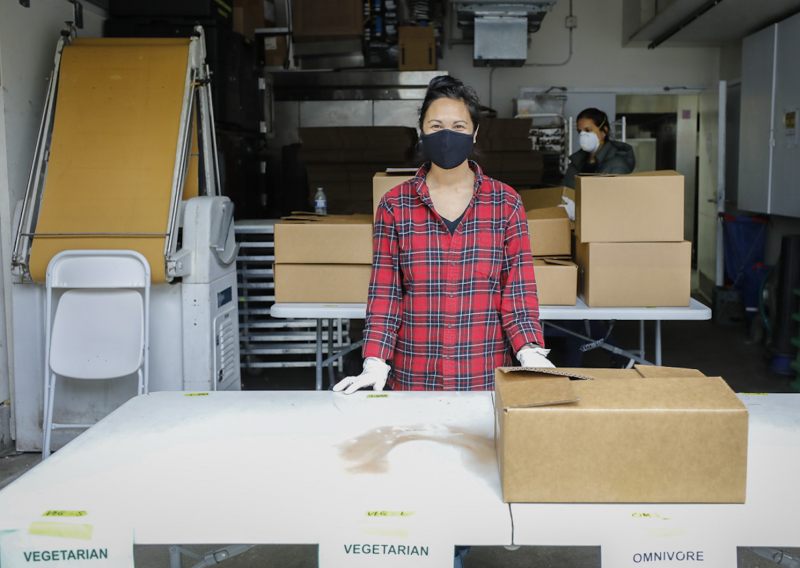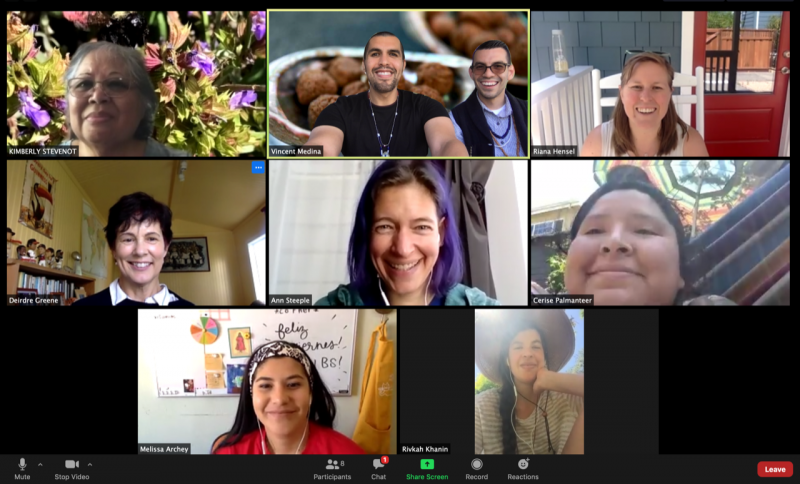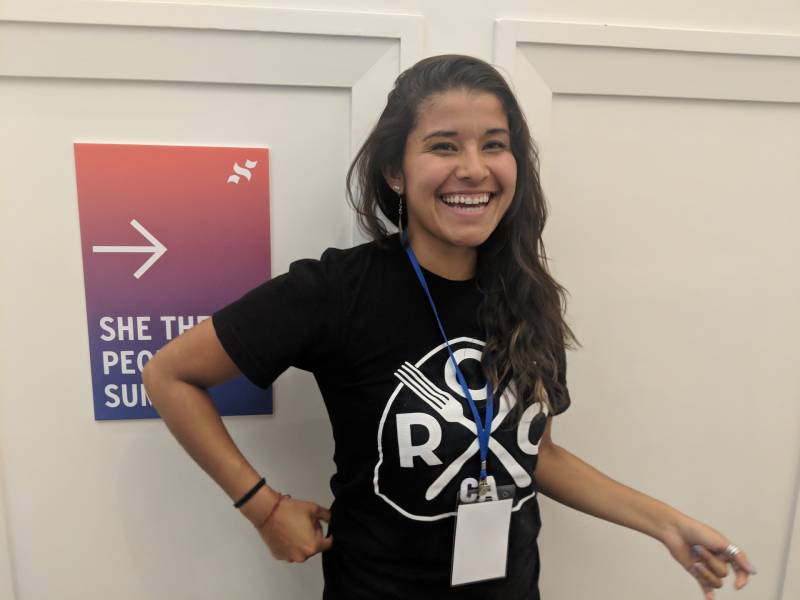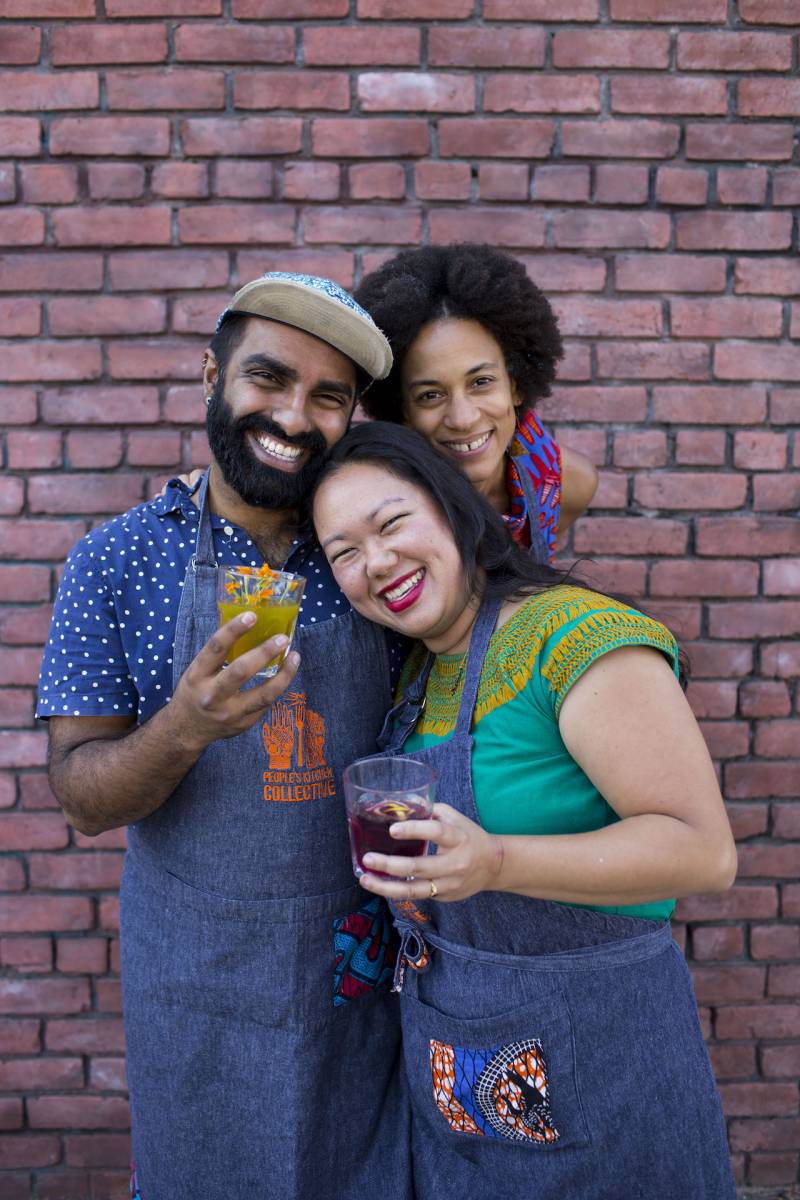Before the COVID-19 pandemic, the Bay Area food industry was in a quiet but persistent crisis. The majority of restaurant workers earned far below a living wage for the region, even for jobs with tips factored in. Steadily rising residential and commercial rents meant that restaurant owners swallowed slim margins as an industry standard that would outlive their ambitions. Farmworkers across the state toiled from dusk until dawn with no employer or government safety nets to count on.
Then the pandemic hit and “everything changed,” said Mourad Lahlou, the chef and owner of Mourad and Aziza in San Francisco. “It shattered what was solid, and it exposed what was weak.”
From farms to restaurants and workers, there’s a lot of uncertainty that hangs over food systems and its fragile infrastructure. Amidst the crisis, is there potential to rebuild a more equitable food industry? What solutions could address the flaws that predate the pandemic? These are the questions we asked seven Bay Area food figures who are grappling with long-lived issues magnified by a new reality.
The Restaurant Dilemma
Mourad Lahlou, chef and owner of Mourad and Aziza: The problem is not so much when we're going to be able to open our restaurants again. What's going to happen is they're going to let us open at half capacity. People are going to be freaked out about sitting around other people. We're going to start taking temperatures of people who come in. We're going to start wearing gloves and masks and have disposable menus as if we were a business that had a big margin where we can afford to do these things. Our rent is going to be the same. The insurance companies are going to charge the same premiums. Minimum wage is still the same. It's incomprehensible to even think that anybody is going to survive this.
If we don't really address these issues now in a very forceful way, I truly believe that the impact of this is going to last way beyond the vaccine or the eradication of this pandemic. That's what keeps me up at night. It’s so scary to me that only the big corporations are going to have the means and the possibility to open restaurants whenever they want, wherever they want. That desire for people to share their culture wherever they're coming from, I'm afraid that's going to go away and the diversity [of the industry] is going to be damaged.
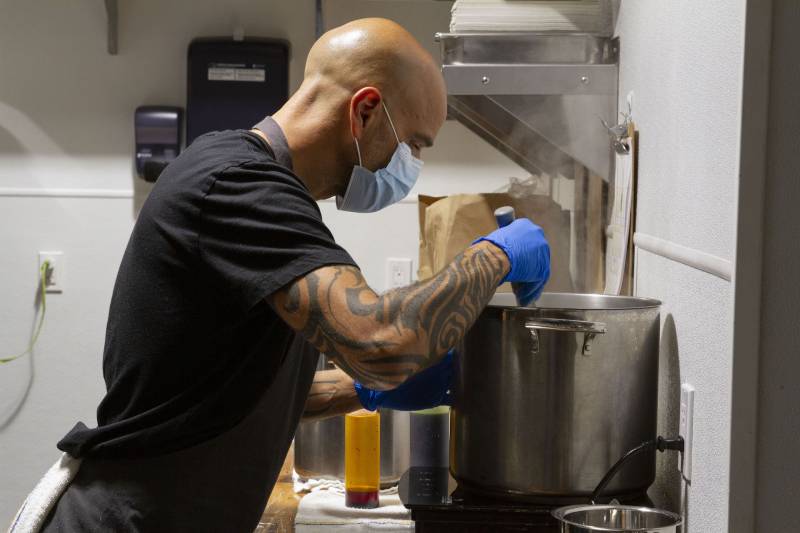
There were almost immoral conditions for people to be able to survive in cities like San Francisco where people could not even afford to live in the places they work. We, as a public and as operators, talked about it quite a bit, but we were never able to turn the corner on it. In return, we were squeezing everybody from the farmer to staff.
